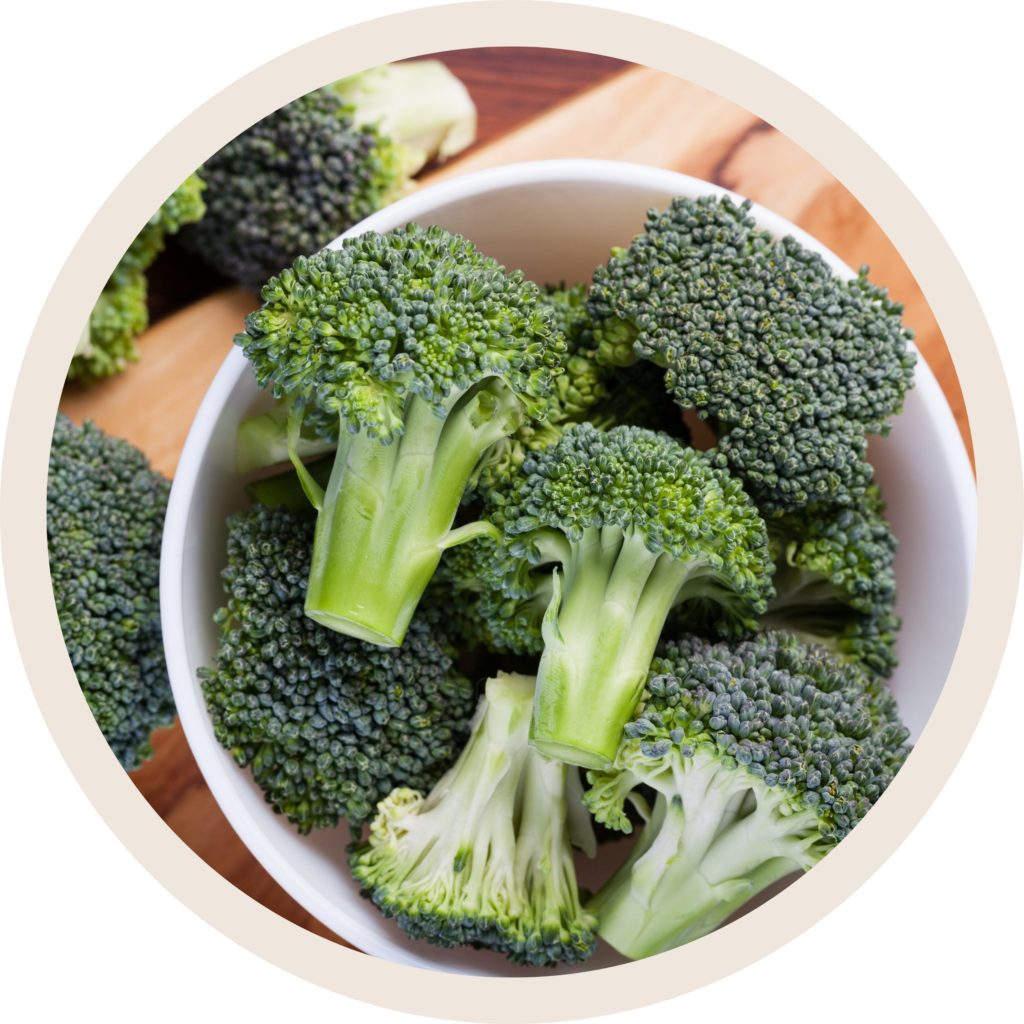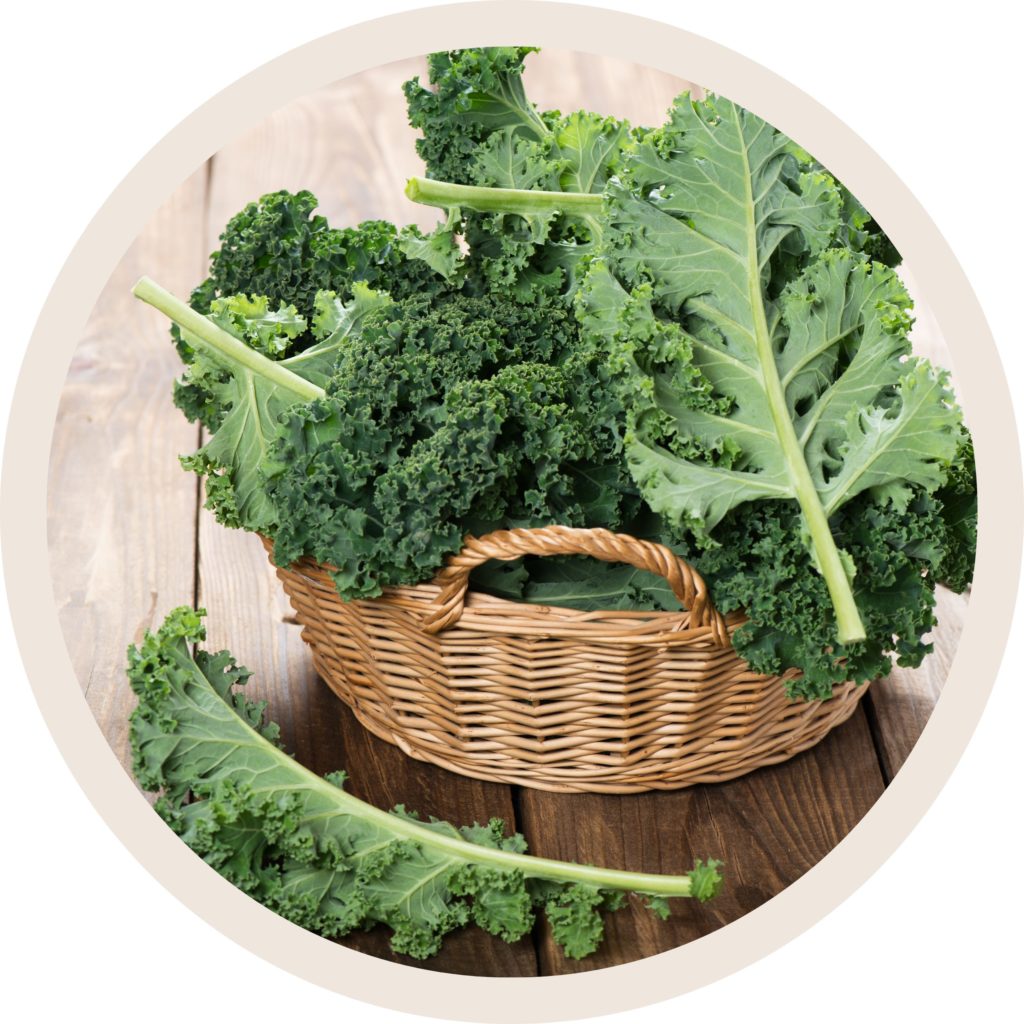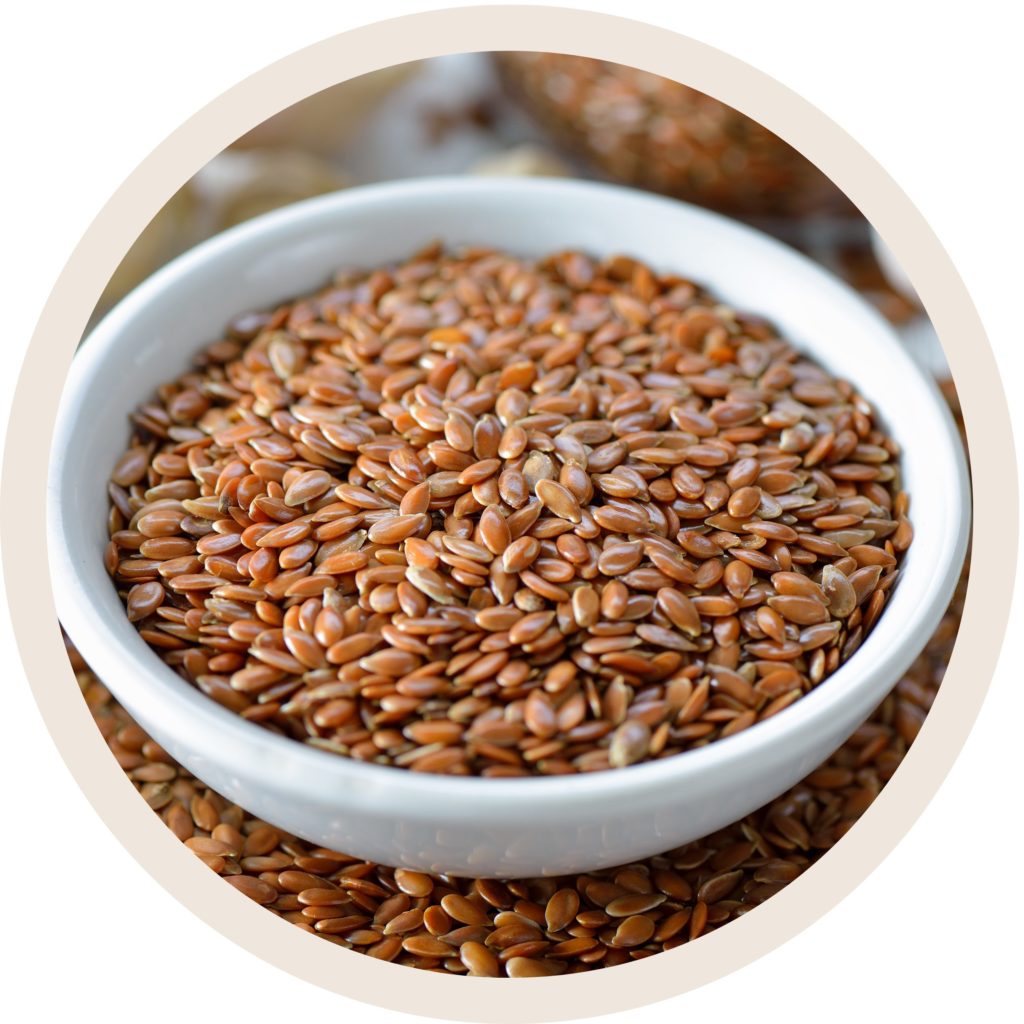Autoimmune Nutrition
What is an Anti-Inflammatory Diet?
An anti-inflammatory diet has the primary focus of fighting chronic systemic inflammation. This diet is beneficial for general overall health and has been reported to combat serious illnesses such as diabetes, heart disease, asthma, arthritis, obesity, and depression. It is composed of whole foods with an avoidance of highly processed foods.
What is Autoimmune Nutrition?
Nutrition is just the process of obtaining food necessary for health. Autoimmune Nutrition has the primary focus of fighting systemic inflammation and at the same time boosting immunity. The emphasis is on flooding the body with essential vitamins, minerals, and potent nutrients while avoiding foods known to trigger inflammatory reactions. Doing so stops the onslaught of negative symptoms, decreases pain and organ destruction, and promotes healing at a cellular level.
How does it support the immune system?
This is done by reducing oxidative stress, stabilizing blood sugar level, healing gut permeability, and addressing essential nutritional deficiencies.
What does Autoimmune Nutrition consist of?
There are essential foods to add (cruciferous vegetables, berries, leafy greens and healthy fats) as well as specific foods to avoid (gluten, dairy, processed meats, highly processed foods). Remember the goal is to eliminate inflammatory triggers and flood the body with support for the immune system.
To boost immunity you must ADD:

Cruciferous Vegetables
All cruciferous vegetables have incredible healing properties. Most notable are their anti-cancer properties and anti-inflammatory benefits. Components in cruciferous vegetables, including Sulforaphane, have been proven to protect cells from DNA damage, inactivate carcinogens, have antibacterial and antiviral effects. These vegetables are high in essential vitamins and minerals and are a great source of soluble and insoluble fiber. Cruciferous vegetables are: broccoli, cauliflower, brussels sprouts, cabbage, kale, kohlrabi, collard greens, swiss chard, arugula, bok choy, radish, turnip, and watercress. The best way to add them into your day is with smoothies, salads, soups, stir-fry, steamed or roasted. If you suffer from chronic illness it is vital to consume these daily!

Berries
Berries are incredibly rich in antioxidants! The richer the color the more antioxidant punch they provide. Scientific research has proven that antioxidants have been shown to decrease oxidative stress. Oxidative stress and free radicals are what cause dysfunction at the cellular level…ultimately leading to chronic illness. When consumed, the colorful nutrients in berries called anthocyanins provide us with antioxidants, detoxification, and inflammatory benefits. Berries to try: Strawberries, Raspberries, Blueberries, Blackberries, Dewberries, Cranberries, Acai berries, and Goji berries. They can be so easy to add to smoothies, salads, oatmeal, pancakes, yogurt or even enjoyed just as they are fresh. Berries are a superfood that everyone can consume for increased health.

Leafy Greens
Dark leafy greens are the healthiest foods on the planet. In them you find the richest sources of vitamins, minerals, antioxidants, anti-inflammatory compounds, and phytonutrients. They are packed with iron, calcium, magnesium, potassium, vitamins A, C, E, and K. Their potent antioxidant compounds fight off disease causing free radicals, removing them from the body before they become harmful. The darker the leaves the more nutrient-rich the greens. Dark Leafy Greens include: salad greens, spinach, arugula, kale, swiss chard, dandelion greens, collard greens, mustard greens, turnip greens, and beet greens. Enjoy them in your smoothies, salads, soup, steam or stir fry. Incorporate them daily to improve your digestion, optimize your nutrition, and decrease your pain.

Healthy Fats
Healthy fats are essential for brain and body health. Healthy fats regulate blood sugar, balance hormones, support gut lining, assist with wound healing, and dampen inflammation. Your body also needs dietary fat to help it absorb vitamins such as A, D, E, and K. Healthy fats are not only essential for proper hormone production and function, but are also vital for cognitive processes, memory, moods, and endocrine functions. Omega 3 fatty acids in particular are especially beneficial for joint pain and inflammation. Healthy fats include: avocados, flaxseeds, chia seeds, pumpkin seeds, sesame seeds, walnuts, cashews, almonds, macadamia nuts, pecans, peanuts, olive oil, and algae oil. Find ways to get them in your diet daily by adding them in smoothies, make a granola or trail mix, use as a salad toppers or even garnish your oatmeal with them. Unhealthy fats that should be avoided include fried foods, vegetable and seed oils. Getting your daily dose of healthy fats will ultimately help decrease your inflammation and support your overall health.




